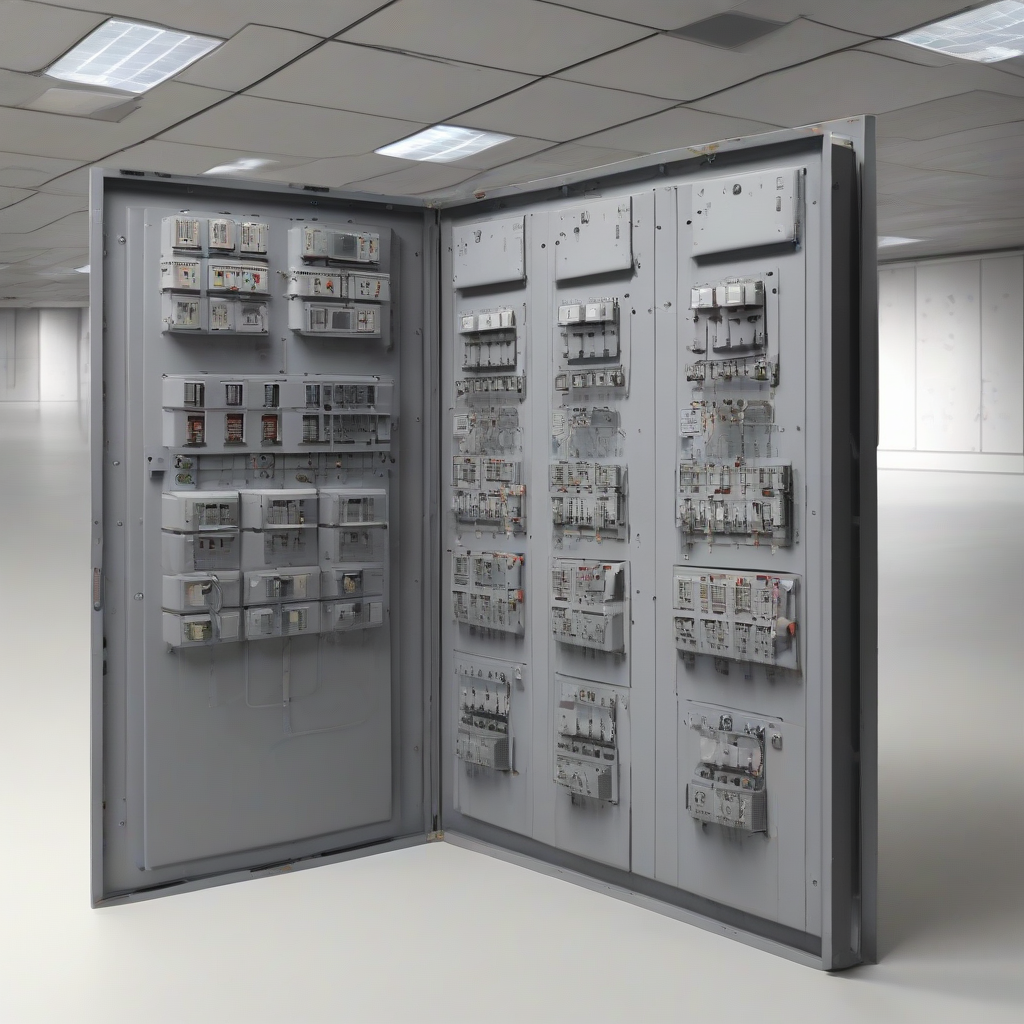
Comparing Traditional vs. Smart Panelboards: Which is Better?
When it comes to managing electrical systems in homes and businesses, the choice of panelboards is crucial. Traditional panelboards have served us well for decades, but with the advent of technology, smart panelboards are gaining traction. These two types of panelboards have distinct advantages and considerations. In this article, we will compare traditional panelboards with smart panelboards to help you decide which is better for your electrical needs.
What is a Traditional Panelboard?
Traditional panelboards, also known as electrical service panels or breaker panels, serve as the main hub for distributing electricity throughout a building. Each circuit breaker controls a specific area or appliance, providing a straightforward way to manage electrical distribution. With traditional panels, users can reset tripped breakers, add new circuits, and control basic electrical usage.
Advantages of Traditional Panelboards:
1. Simplicity: Traditional panelboards are easy to understand and operate. Users can quickly identify which circuit controls which part of their home or business.
2. Cost-Effective: Generally, traditional panels are less expensive to install and maintain than their smart counterparts. This makes them a more budget-friendly option for many homeowners and businesses.
3. Reliability: With fewer moving parts and no reliance on Wi-Fi or battery power, traditional panelboards can be more reliable in power outages or when electronic systems fail.
Considerations for Traditional Panelboards:
- Limited functionality: While they serve basic electrical distribution needs, traditional panelboards don’t offer advanced monitoring or analytics.
- Manual operation: Users must physically check the panel to identify and reset breakers.
What is a Smart Panelboard?
Smart panelboards, on the other hand, integrate with modern technology, offering advanced features that enhance energy management and promote efficiency. These panelboards are equipped with smart sensors and connectivity options, enabling users to monitor their energy consumption in real time and make informed decisions about their electricity usage.
Advantages of Smart Panelboards:
1. Real-Time Monitoring: Smart panelboards provide live data on energy usage, allowing users to track their consumption across different circuits. This can lead to more informed decisions about energy efficiency and cost savings.
2. Remote Access: Many smart panelboards can connect to mobile apps or web interfaces, enabling users to monitor and control their power distribution from anywhere, even when they are not on-site.
3. Smart Automation: Some smart panelboards can integrate with home automation systems, allowing for automated responses to energy demands. For example, if energy consumption exceeds a certain threshold, the system can notify the user or even cut power to non-essential devices.
4. Energy Efficiency: By providing detailed insights into energy usage, smart panelboards can help identify inefficient appliances or practices, ultimately leading to reduced waste and lower energy bills.
Considerations for Smart Panelboards:
- Higher Initial Cost: Smart panelboards generally come with a higher upfront cost due to the technology involved. This might be a barrier for some homeowners or businesses.
- Complexity: The added features can be overwhelming for some users, and the installation might require a professional with specific expertise in smart home technologies.
- Dependence on Technology: Smart panelboards rely on internet connections and, in some cases, battery backups. If these systems fail, it can result in loss of functionality.
Which One is Better?
The choice between traditional and smart panelboards largely depends on your individual needs, budget, and willingness to engage with technology.
Consider Traditional Panelboards If:
- You have a standard home or business where straightforward electrical distribution is all that’s needed.
- You are looking for a budget-friendly option that is easy to install and maintain.
- You prefer simplicity and reliability over advanced features.
Consider Smart Panelboards If:
- You want to optimize energy usage and save on utility bills over time.
- You value the convenience of monitoring energy consumption from your smartphone or computer.
- You have a smart home ecosystem and want to integrate your electrical system into that network.
Conclusion
Ultimately, both traditional and smart panelboards have their own sets of advantages and considerations. Traditional panelboards have proven reliability and ease of use, while smart panelboards offer advanced features that can provide significant long-term benefits in energy management. As technology continues to evolve, smart panelboards are likely to play an increasingly important role in how we manage our electrical systems. Consider your needs, lifestyle, and budget when making your decision, and consult with a licensed electrician to ensure the best possible installation and functionality.